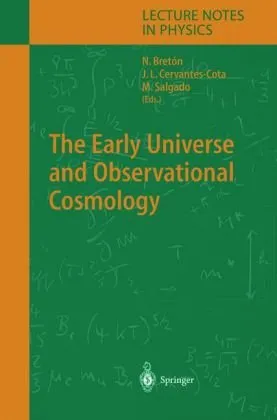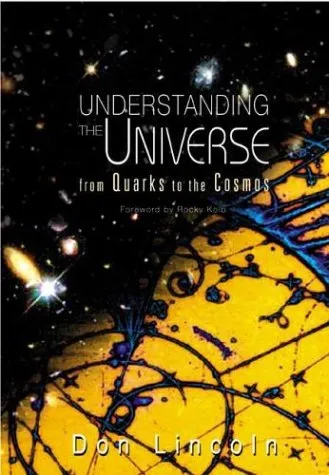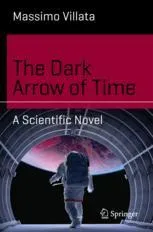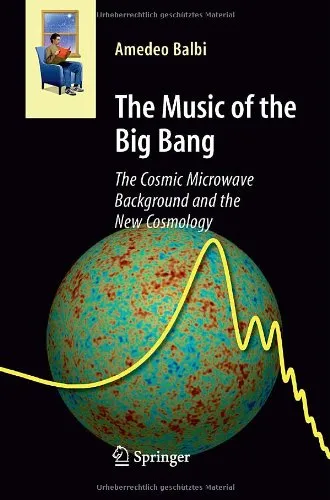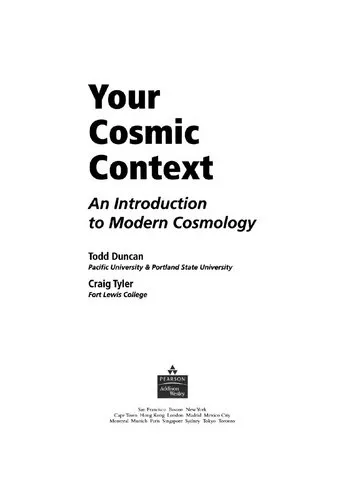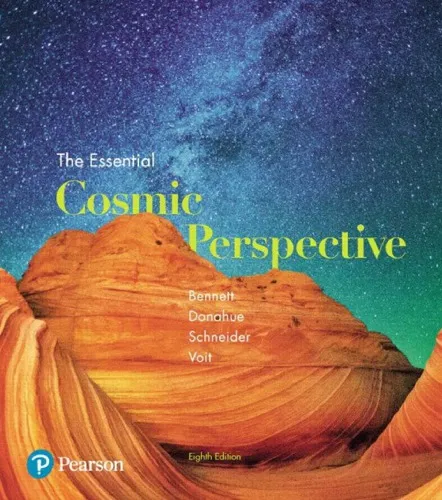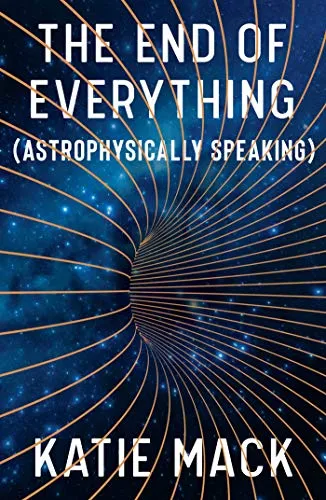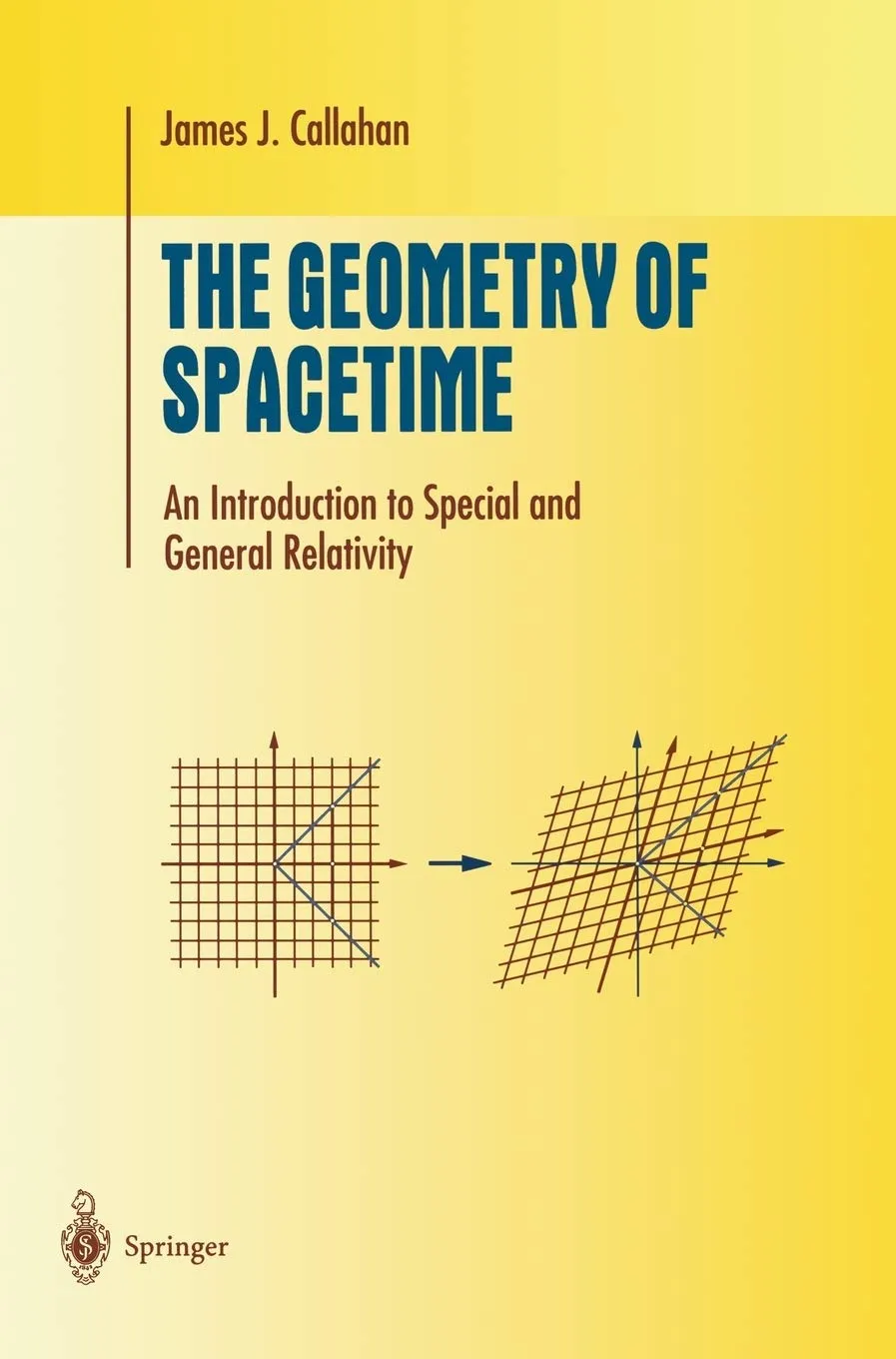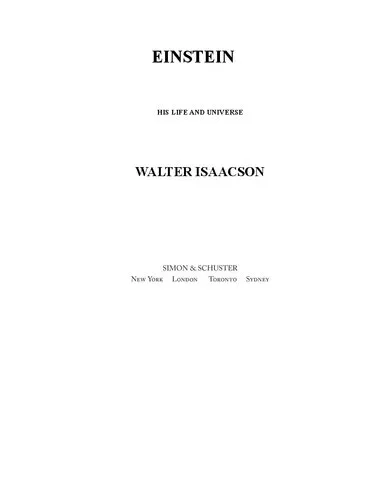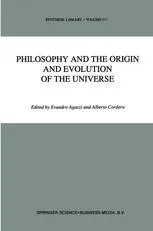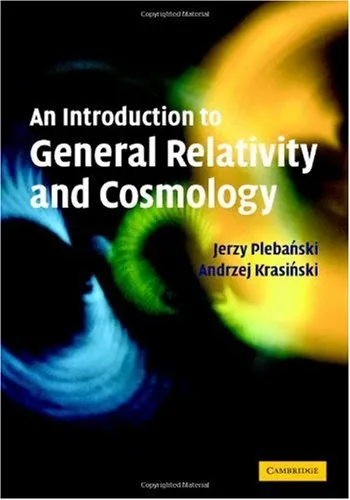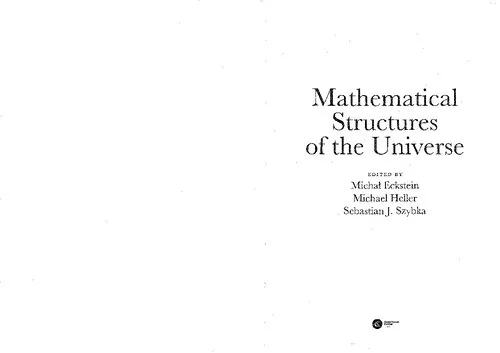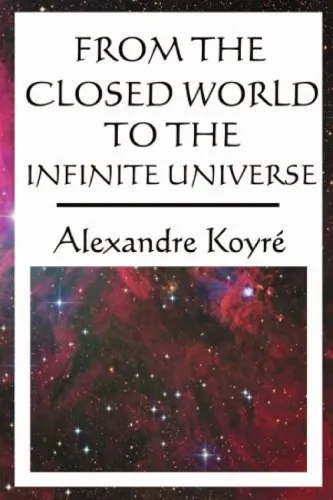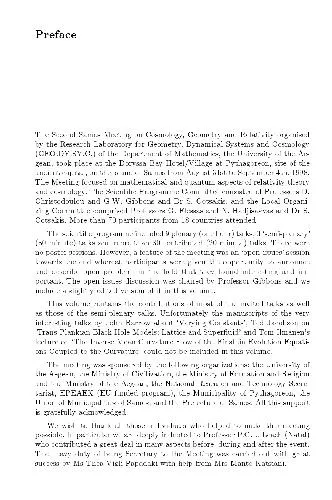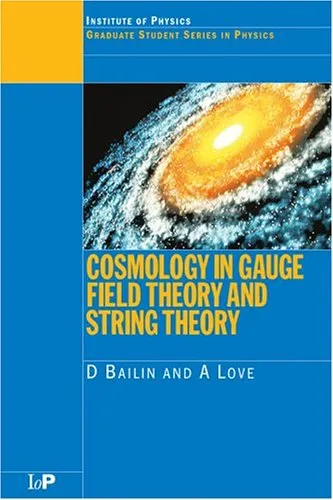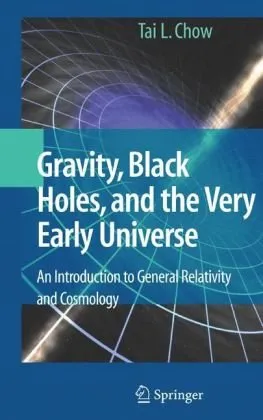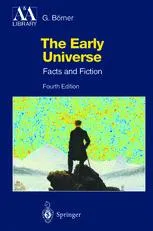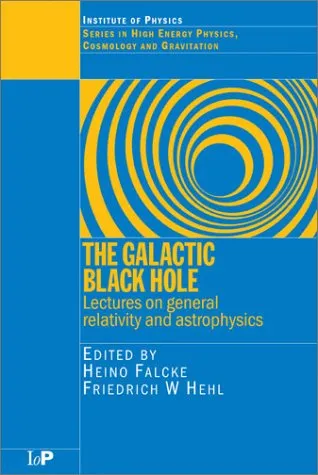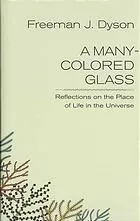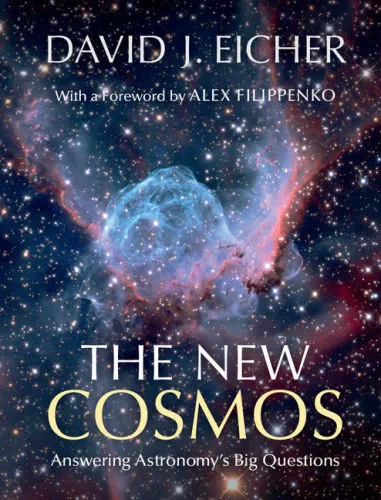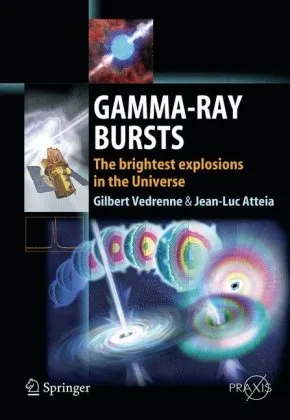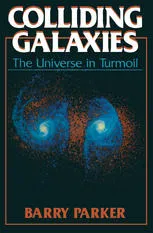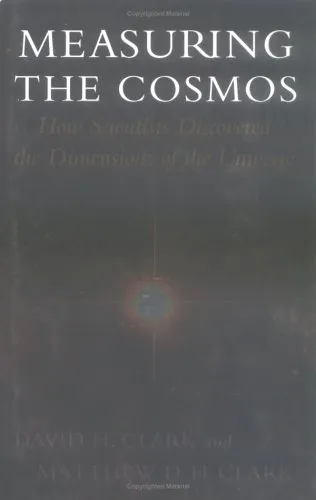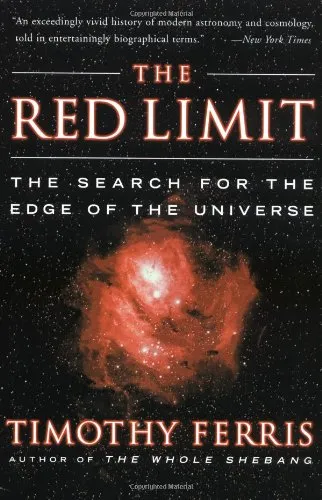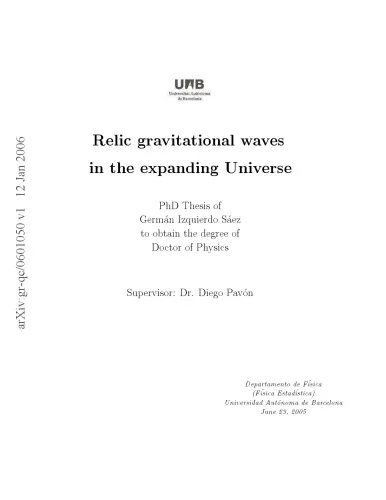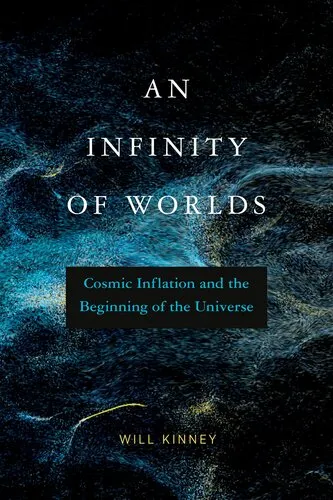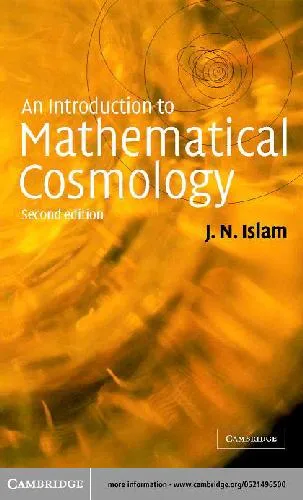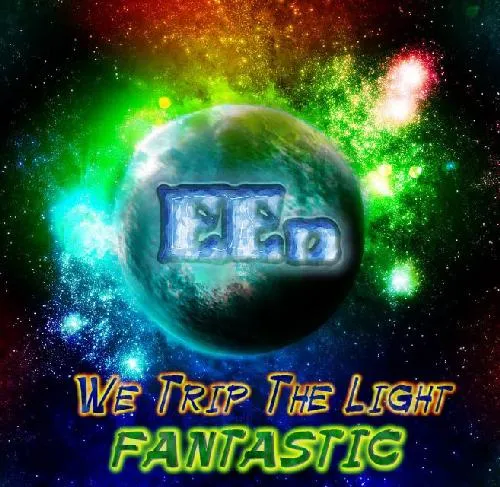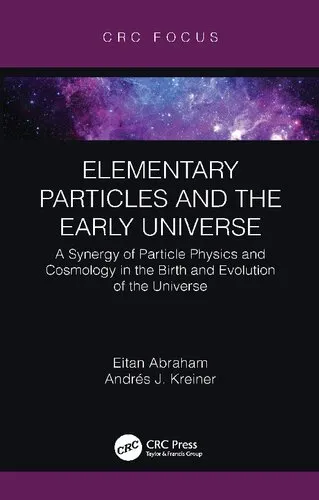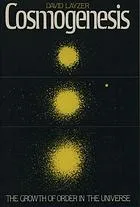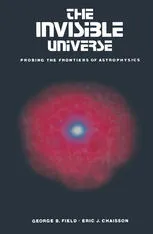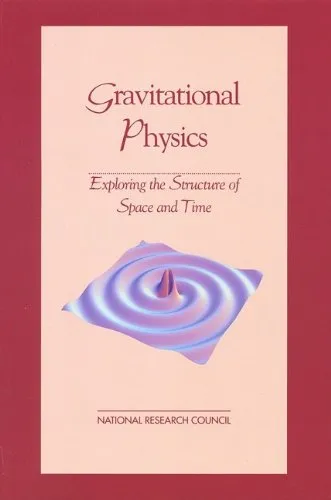The early universe and observational cosmology
4.5
Reviews from our users

You Can Ask your questions from this book's AI after Login
Each download or ask from book AI costs 2 points. To earn more free points, please visit the Points Guide Page and complete some valuable actions.Related Refrences:
Introduction to "The Early Universe and Observational Cosmology"
"The Early Universe and Observational Cosmology" is a comprehensive exploration of one of the most fascinating and complex fields in astrophysics and cosmology. Edited by distinguished researchers Nora Bretón, Jorge Luis Cervantes-Cota, and Marcelo Salgado, this book intertwines theoretical models, empirical data, and observational techniques to provide a detailed and accessible framework for understanding the universe's genesis, evolution, and large-scale structure. This masterpiece invites readers—students, researchers, and enthusiasts alike—to grasp the intricate relationships between early cosmological events and contemporary observations.
Rooted in rigorous scientific analysis yet approachable for non-experts with foundational knowledge, the book delves into diverse topics such as inflationary theory, primordial perturbations, cosmic microwave background radiation, and the distribution of galaxies. By merging observational and theoretical findings, it bridges the gap between the abstract mathematical models of the universe's infancy and the observable phenomena we study today.
Detailed Summary of the Book
The book is structured to guide the reader through the multifaceted universe, starting from its earliest moments following the Big Bang to its evolution over billions of years. The first sections focus on the theoretical underpinnings of cosmology, including discussions on general relativity, quantum field theory, and the mechanisms driving cosmic inflation. These set the stage for a detailed examination of the initial conditions of the universe and the role of quantum fluctuations in shaping its observable structure.
Subsequent chapters cover observational aspects of cosmology, highlighting the critical role of advanced telescopes, satellite missions, and ground-based experiments. Particular attention is given to the cosmic microwave background radiation, the "fossil light" from the Big Bang, and its implications for validating early-universe models. Readers are also introduced to large-scale structures such as galaxy clusters and the mysterious phenomena of dark matter and dark energy.
As the book progresses, interdisciplinary connections between astronomy, particle physics, and cosmology are explored. An in-depth discussion of observational challenges, such as measurement errors and cosmic foreground contamination, underscores the complexity of interpreting data. The culmination of these efforts is a cohesive picture of the universe's evolution, shaped by both natural laws and human ingenuity.
Key Takeaways
- The early universe was dominated by quantum and relativistic processes that left subtle imprints observable today.
- Inflationary models provide a robust explanation for the homogeneity, isotropy, and flatness of the universe.
- Cosmic microwave background radiation serves as a cornerstone for validating early-universe theories.
- Our understanding of large-scale structures benefits from the synergy between theory and advanced observation techniques.
- Dark matter and dark energy continue to challenge scientists, hinting at undiscovered physical laws.
Famous Quotes from the Book
"The universe, in its earliest moments, was a symphony of quantum interactions—its melody imprinted in the cosmic microwave background."
"A single photon from the cosmic microwave background carries with it a history lesson written in the language of the early universe."
"Modern observational cosmology stands as a testament to human curiosity—a quest to decode the universe's most profound secrets."
Why This Book Matters
Understanding the origins and evolution of the universe is one of science's most enduring quests, and "The Early Universe and Observational Cosmology" plays a critical role in advancing this endeavor. By combining theoretical rigor with cutting-edge observational techniques, the book not only answers pivotal questions but also inspires new lines of inquiry. Whether you're a student aiming to pursue research in astrophysics or an expert seeking insights into recent advances, this book is a valuable resource.
It matters because it captures the essence of scientific discovery: the unity of observation and theory. In an era where new telescopic missions and experimental detections redefine our knowledge, the authors help lay the foundation for navigating these transformative developments. Ultimately, "The Early Universe and Observational Cosmology" stands out as an indispensable guide to understanding the cosmos and our place within it.
Free Direct Download
You Can Download this book after Login
Accessing books through legal platforms and public libraries not only supports the rights of authors and publishers but also contributes to the sustainability of reading culture. Before downloading, please take a moment to consider these options.
Find this book on other platforms:
WorldCat helps you find books in libraries worldwide.
See ratings, reviews, and discussions on Goodreads.
Find and buy rare or used books on AbeBooks.
1497
بازدید4.5
امتیاز0
نظر98%
رضایتReviews:
4.5
Based on 0 users review
Questions & Answers
Ask questions about this book or help others by answering
No questions yet. Be the first to ask!
